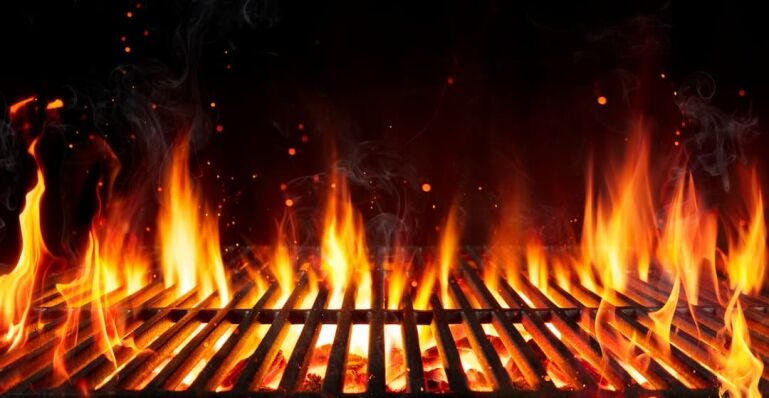The Hidden Risks Behind Gas Grill Explosions and Their Consequences
For many, there’s nothing quite like the allure of a savory barbeque. The convenience of gas grills, especially during events and key holidays, often overshadows the potential hazards. Gas grill explosions, in particular, have raised eyebrows due to the devastating aftermath they can bring.
Triggers of Gas Grill Explosions: From Manufacturing Flaws to User Error
Various factors can lead to these perilous gas grill explosions. Some instances have been tied back to manufacturing defects, while others result from poorly set-up gas grills. Furthermore, instances of construction workers accidentally damaging grills or their gas lines have also been reported.
| Causes | Examples/Notes |
|---|---|
| Manufacturing Defects | Faulty gas line connections, improper grill design |
| User Error | Igniting with lid closed, not checking for gas leaks |
| External Damages | Construction work damages, pets tampering with lines |
Annual Statistics: A Disturbing Upward Trend
The National Fire Prevention Center reports that gas grill explosions and related fires number over 7,000 annually. A sizable portion of these fires originate from leaking propane tanks, incorrectly installed gas lines, and errors made by operators.
For instance, in 2018:
- Total reported fires: 800
- Fires excluding those confined: 600
- Deaths: 40
- Deaths excluding those from confined fires: 20
Gruesome Injuries: Understanding the Severity
Gas grill explosions can lead to severe burn injuries, ranging from mild discomfort to life-threatening conditions.
Categorizing Burns Stemming
Burns are primarily categorized into three:
- First-Degree Burns: Mildly painful, affecting only the outer skin.
- Second-Degree Burns: Further divided into:
- Partial Thickness Burn: Characterized by blisters.
- Full Thickness Burn: More intense, often necessitating skin grafting.
- Third-Degree Burns: The most severe type, engulfing all skin layers.
Prioritizing Safety with Gas Grills to Prevent Gas Grill Explosions
Despite their convenience, it’s paramount to treat gas grills with respect and awareness to prevent potential gas grill explosions. Here are essential precautions:
| Safety Precautions | Importance/Notes |
|---|---|
| Ignition Protocol | Never ignite with the lid closed |
| Gas Line Inspection | Use soapy water to check for leaks |
| Ignition Failure | Ensure no gas remains before relighting |
| Grill Placement | Maintain a safe distance from structures |
Seeking Legal Assistance after a Gas Grill Explosion: The Role of a Burn Injury Attorney
If you or someone you know suffers an injury of this kind, consulting with a Burn Injury Lawyer can be invaluable. While some injuries might be attributed to user error, others might result from third-party negligence. A seasoned Burn Injury Attorney can provide the expertise needed to navigate such traumatic incidents, ensuring you get the justice and compensation you deserve.
Frequently Asked Questions (FAQs)
What are the main causes of gas grill explosions?
Leaking propane tanks, improperly installed gas lines, and operator error.
How often can one experience a propane burn on the skin from gas grill explosions?
Propane burns are common outcomes of gas grill explosions.
What steps should I take if I experience a gas grill explosion?
Seek medical attention, ensure the gas source is turned off, and consult a Burn Injury Attorney.
Are injuries of explosions treatable?
Yes, depending on the severity. But it’s essential to consult a medical professional.

